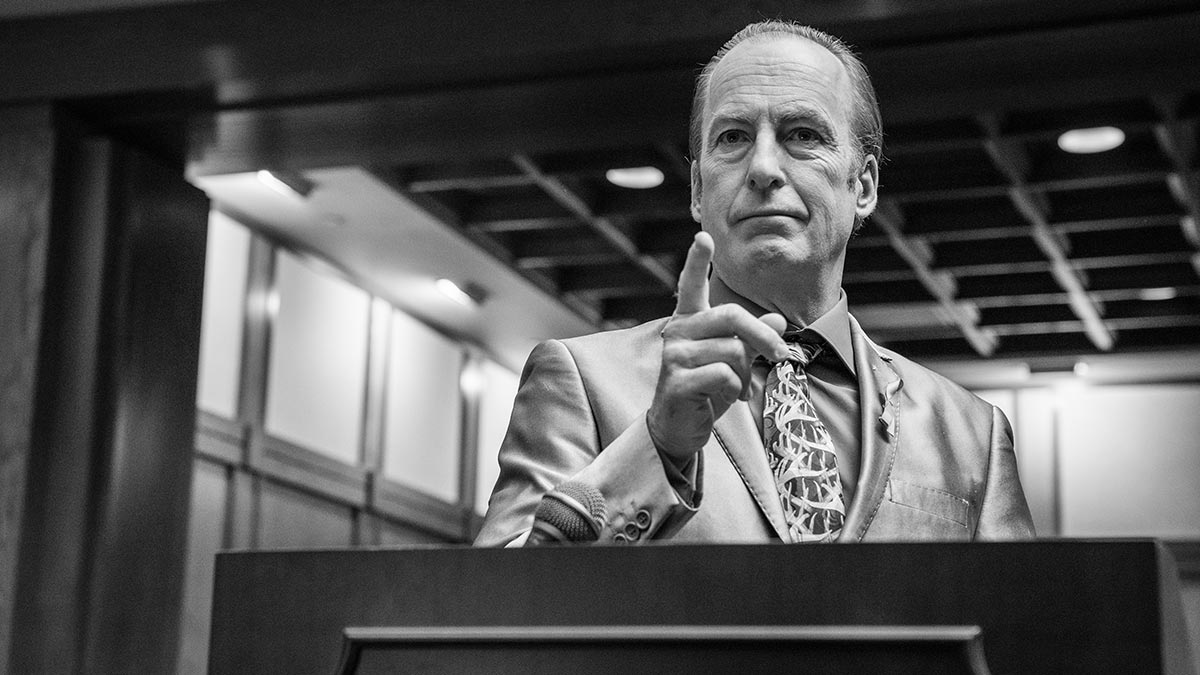
Breaking Bad’s Ending: Walter White’s Fate Redefined After BCS Epilogue
- Post By Jan
- May 14, 2023
Before the 86-year sentence, there was a murder and a redemption.
Words by Jan Tracz
Jimmy McGill's (Bob Odenkirk) narcissistic tales of misadventure in the Breaking Bad prequel series, Better Call Saul, earned its highly anticipated closure last year. The audience (and critics) enthusiastically enjoyed the shrewdness of all six seasons, however, such a complex show had a huge impact on its predecessor’s interpretation. Thus, it is more than necessary to come back to BB’s “grande finale”, to see, how, today, we can read Walter White’s (Bryan Cranston) ultimate fall.
Much of the last, fifth season of BB centres its attention on the consequences of Walter’s careless and self-centred actions. Where the opening episodes seemed to be a pastiche on gangster TV shows, the subsequent part of the series took a much darker turn. After gradually introducing the main characters, the writers expanded the show’s layers and introduced some substantial changes. Walter’s meth business no longer appeared like a parody, when he started his love-and-hate relationship with drug lord, Gus Fring (Giancarlo Esposito).

Saul Goodman (Bob Odenkirk) in Better Call Saul
The show leads the audience to the finale’s dark aftermath: Walter becomes an unstoppable force who – at this point – has nothing to lose. Everyone knows Heisenberg’s real identity, his wife hates him and Hank is no longer alive. Yet, there is still Jesse Pinkman (Aaron Paul), who, imprisoned, works as a laboratory cook for Welker’s extremely radical gang. Saving Jesse seems to be a redemption for the fallen anti-hero. Walt, without hesitating, slaughters the entire gang (by using a concealed gun in his car). Ten years ago, the audience read it as Walter’s one last initiative to show his supremacy over everyone.
However, after watching Jimmy’s soliloquy in the BCS final trial (here, Saul stands as the mastermind of their operation), one can reconsider their interpretation of Walter’s last move. With this new level of connection to the prequel, WW becomes an even more tragic figure. He is no longer a winner of that meth competition, even if he considered himself to be one after killing Gus. This is why he sacrifices himself to save Jessie – one of the few people who has truly believed in Walt. In other words, Cranston’s character only wanted to prove he always had some inner goodness.

Jesse Pinkman (Aaron Paul) in Breaking Bad
WW finally understands he has always been a pawn in a game, in which he believed himself to be “the one who knocks”. While it leads to his death, becoming Jessie’s guardian angel, eventually, allows him to take the most meaningful and redemptive choice of his entire life.


